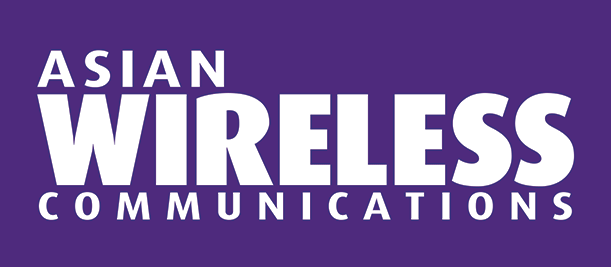29 August 2025

Known as the “Konektadong Pinoy” bill, it was ratified by Congress in June and sent to the President last month, with the 30-day period lapsing on 24 August.
The bill seeks to make it easier for new entrants to access the country’s digital infrastructure by streamlining licensing procedures for data access providers and removing the requirement for congressional franchises for broadband and data transmission investments. It also promotes infrastructure sharing, enabling new players to utilise existing facilities alongside building their own networks. Proponents argue that these measures will foster increased competition, lower consumer prices, and improve internet access — especially in underserved and unserved areas where broadband remains among the most expensive in Southeast Asia.
“By institutionalising competition in the digital infrastructure sector, the bill can help lower costs, improve service quality, and expand access, particularly in underserved areas,” said Michael G. Aguinaldo, Chair of the Philippine Competition Commission (PCC). He added that the bill aims to make the telecoms market more dynamic and responsive.
According to a report from Philippine news outlet Inquirer, more than 1,000 small internet providers are expected to enter the market now that the law has taken effect, potentially increasing competition and consumer choice.
However, the three main fixed broadband players — PLDT, Globe Telecom, and Converge ICT — have voiced strong opposition. PLDT has indicated it is considering legal action to challenge the constitutionality of the bill, citing concerns that it unfairly advantages new entrants — particularly satellite broadband operators — at the expense of existing incumbents. Senior Vice President Marilyn Victorio-Aquino argued that granting newcomers “open, fair, reasonable, and non-discriminatory” access to infrastructure is unfair to established providers and their subscribers, who have already invested in building that infrastructure.
Cybersecurity concerns have also been raised. Victorio-Aquino claimed that the bill’s provisions could pose risks since new players might access existing infrastructure without proper cybersecurity clearance during the first two years. However, Department of Information and Communications Technology (DICT) Secretary Henry Aguda clarified that the bill requires new entrants to obtain international cybersecurity certification within two years, and that they must adhere to standards set by DICT, the Cybercrime Investigation and Coordinating Center, and other relevant agencies from day one.
While the bill is now law, the DICT must still develop the detailed implementing rules and regulations (IRR) to guide its enforcement. Industry stakeholders, including PLDT and Converge ICT, have called for involvement in the IRR drafting process, particularly concerning cybersecurity standards and ensuring a technology-neutral approach that does not favour satellite broadband providers over terrestrial networks.






